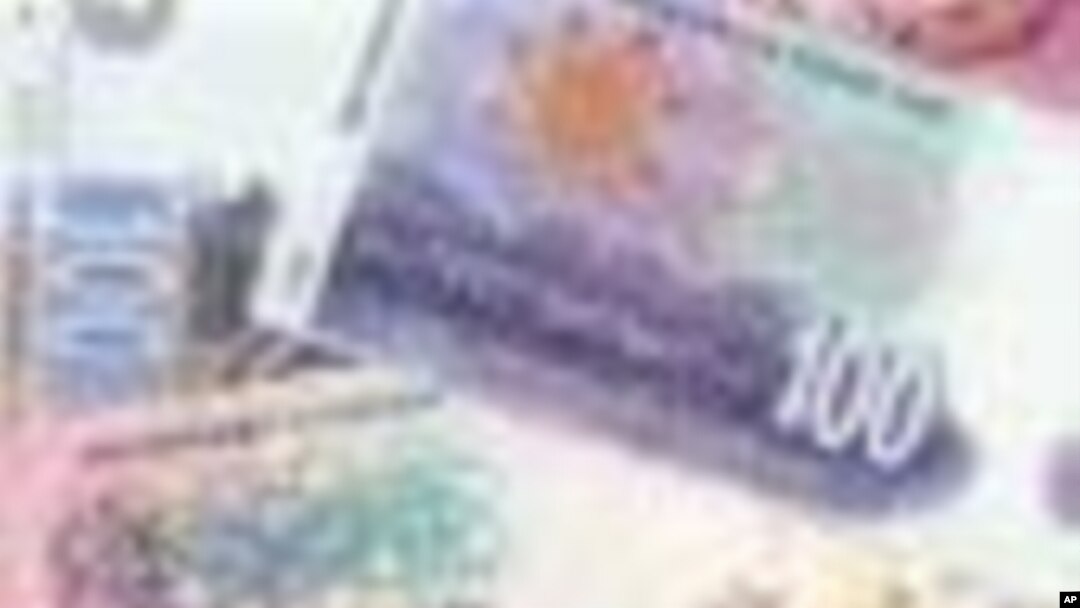Thirty five-year-old Charles Saki has been a bank teller for five years, during which time he's managed to sustain his two children and contribute to running the home with his wife.
But Saki said in the past few months he's found it hard to take care of his family of two kids and a wife, as money has become increasingly difficult to access.
Zimbabwe is facing its worst financial crisis since it dumped its own currency in 2009 as hyperinflation soared out of control, and adopted the U.S. dollar.
"When I started to work it was in 2010, things were okay," lamented Saki. "The US dollar had just been introduced, the multi currency regime and everything changed overnight from the situation that we had known before and things were available in the shops, people had jobs and business was booming," Saki said.
Analysts say the planned introduction of local bank notes or bond notes announced recently by Reserve Bank Governor John Mangudya, has brought uncertainty and worsened cash shortages.
Fearing the hardships of 2008 when the working currency was the now defunct bearer checks, financial and business analyst Nelson Banya said consumers have started hoarding cash, to protect themselves.
"Now Zimbabweans have terrible memories about having a local currency, going back to 2008 at the height of our hyperinflation crisis so this basically reflects the declining confidence in the economy," said Banya.
The central bank chief says the bond notes would be released in November after the government passes a law to back them.
The new notes in small dollar denominations are intended to address cash shortages that have fueled recent protests against the government, but have instead caused anxiety and panic as queues of people wait to withdraw limited amounts of cash.
Harare resident Faith Dheri described her reality.
"I have been here since 4am, my children are almost starving, there is no food at home and the bank is saying there is no money."
Zimbabwe cleared 15-year-old financial arrears with the International Monetary Fund last week in what is seen as a first step towards a new IMF loan program for the cash-starved country.
Zimbabwe settled obligations of about $US108 million by transferring part of its cash holdings at the IMF to the Fund's Poverty Reduction and Growth Trust. Zimbabwe had been in continuous arrears since 2001.
However, a new IMF loan program for Zimbabwe cannot be considered until the country clears more than $US1 billion in World Bank arrears, another $US600 million-plus owed to the African Development Bank (AfDB) and more than $US200 owed to the European Investment Bank.
Analyst Alphonce Mbizwo says the pay off will not change much for Zimbabwe without broad financial reforms.
"That in itself means nothing or in isolation it doesn't mean anything because Zimbabwe still has to pay off the World Bank over a billion dollars and the African Development Bank over $600 million," Mbizwo explained. "So the payment to IMF cannot be taken in isolation it has to be encompassing... it has to be accompanied by other payments to other MFI's, those and also a comprehensive reform package."
Without balance of payments support or funding from its traditional Western backers, Harare lives from hand to mouth, spending 82 percent of its national budget on public sector salaries. (Reuters)


